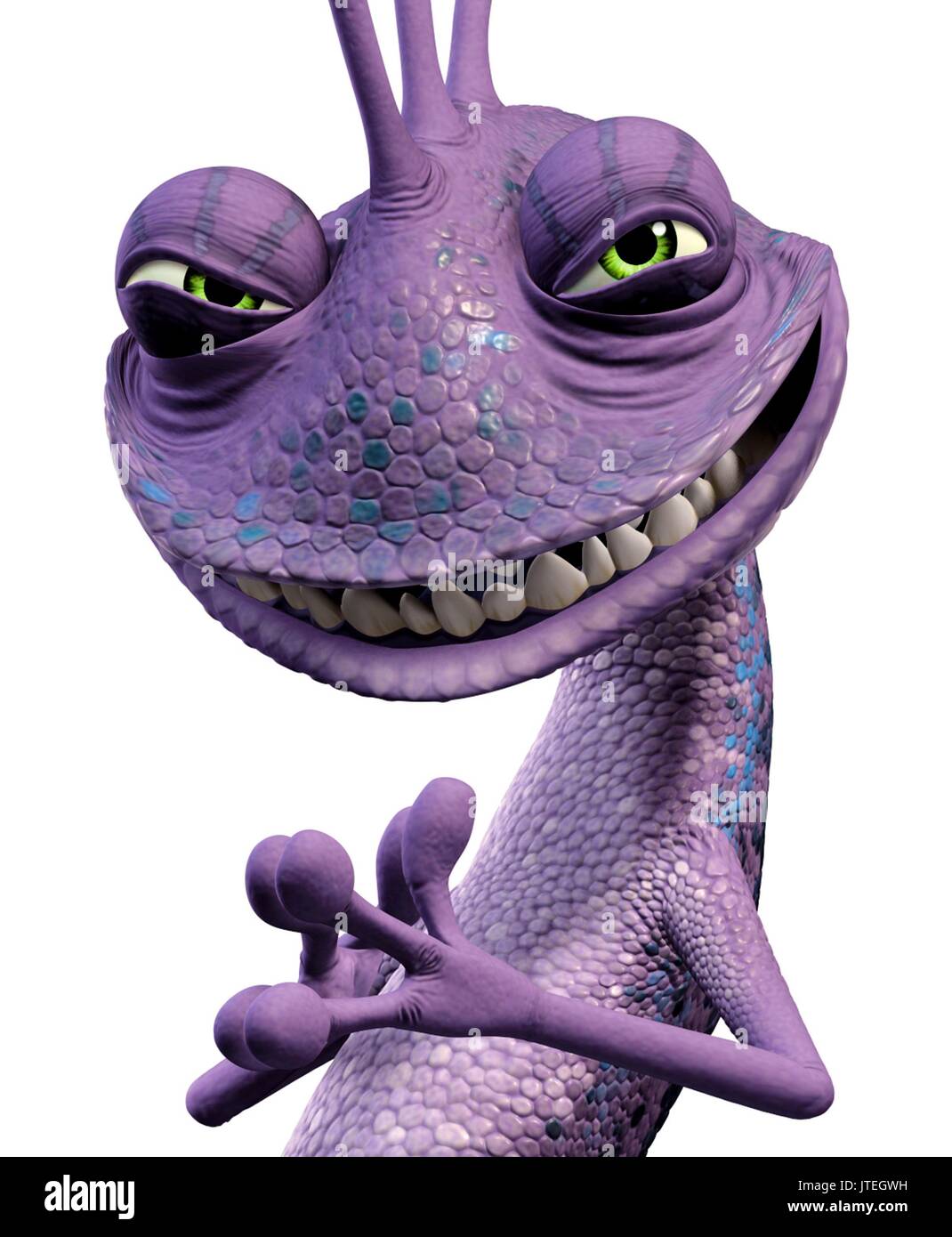Randall Boggs: More Than Just the Scaring Scarer in Monsters, Inc.
Randall Boggs. The name alone might conjure up images of purple scales, multiple limbs, and a penchant for disappearing into the shadows. In Disney Pixar’s beloved film, Monsters, Inc., he’s the primary antagonist, the sneaky, power-hungry competitor vying for the top spot in the scare rankings. But is Randall simply a one-dimensional villain, or is there more depth to his character than meets the eye? This article dives deep into the complexities of Randall Boggs, exploring his motivations, vulnerabilities, and ultimately, his tragic downfall. We’ll uncover whether he deserves a second look beyond the scares.
The Surface Level: The Ambitious Scarer
At first glance, Randall embodies the quintessential villain archetype. He’s driven by a ruthless ambition to:
- Climb the Corporate Ladder: Randall craves the prestige and power associated with being the top scarer. He sees the scare industry as a means to achieve dominance.
- Outperform Sulley: He views Sulley, the top scarer, as a rival and a threat. This rivalry fuels his actions and desire to sabotage Sulley’s success.
- Perfect the Scare: Randall is obsessed with efficiency and innovation in scaring. He’s seen developing new technology to enhance his scare tactics, demonstrating a dedication to his craft.
His actions are often driven by ego and a desire for recognition. He’s willing to break the rules, manipulate others, and even endanger children to achieve his goals, showcasing his willingness to prioritize ambition above morality.
Delving Deeper: The Roots of Randall’s Ambition
While his villainy is undeniable, understanding the potential roots of Randall’s behavior can offer a more nuanced perspective. Consider these factors:
- Competition and Pressure: The scare industry in Monstropolis is highly competitive. Randall likely faces immense pressure to perform, impacting his mental state and driving his need to succeed.
- The Desire for Acceptance: Perhaps Randall’s ambition stems from a deeper insecurity. He might seek validation and respect through his achievements, which could be a way of compensating for perceived shortcomings.
- The Impact of Corporate Culture: The emphasis on profit and performance in Monsters, Inc., could have fostered a cutthroat environment. This environment might have contributed to Randall’s ruthless competitiveness.
These factors don’t excuse his actions, but they help to understand the potential influences shaping his personality and behavior.
Randall’s Technology and Foreshadowing
Randall’s use of advanced technology, particularly the Scare Simulator and the door-creating device, provides critical insights into his character.
- Technological Innovation: His drive to develop and utilize technology highlights a desire to gain an advantage through innovation, suggesting a focus on efficiency and control.
- Foreshadowing the “Sneak Peek” of Future Problems: His early attempts to use the door-creating device foreshadow the chaos and danger he will inflict later in the film.
- The “Invisible” Trap: His signature ability to camouflage, and his use of technology to enhance his scare tactics, are all manifestations of his desire for control and the ability to manipulate his environment. This is a reflection of his desire to be invisible and unseen, both physically and emotionally.
The Downfall: Hubris and Miscalculation
Randall’s downfall is a classic example of hubris. His overconfidence, fueled by his ambition, leads him to make several critical mistakes:
- Underestimating Boo: His arrogance prevents him from understanding the power of a child’s connection, especially with Sulley.
- Ignoring the Rules: His willingness to break the rules catches up with him, ultimately leading to his capture.
- The Door to the Human World: His reliance on the door technology, which becomes his undoing, demonstrates his over-reliance on his inventions.
His final defeat in the human world, and his fate, is a harsh consequence of his actions.
Conclusion: Is Randall More Complex Than We Think?
While Randall Boggs is undeniably a villain, he is not a simple one. His ambition, his ruthless tactics, and his ultimate downfall paint a picture of a character driven by complex motivations. Understanding the potential roots of his behavior, the context of his environment, and the role of technology helps to appreciate a more nuanced view. He is a reminder of the dangers of unchecked ambition, the pressures of competition, and the potential for hubris to destroy even the most ambitious of individuals. He’s a villain we can certainly learn from, even if we don’t condone his actions.
Frequently Asked Questions about Randall Boggs:
1. Why does Randall want to scare children?
Randall’s primary motivation is to collect screams, which are used to power Monstropolis. He, and the other scarers, believe that children’s screams are the most potent source of energy. He also wants to be the best, and that means producing the most screams.
2. What is Randall’s signature ability?
Randall’s signature ability is his camouflage. He can blend seamlessly into his surroundings, making him virtually invisible. This ability is a key asset in his scaring strategy.
3. How does Randall’s rivalry with Sulley begin?
The film doesn’t explicitly state the origins of their rivalry, but it’s clear that Randall views Sulley as his main competitor for the top spot in the scare rankings. Sulley’s natural talent and popularity likely contribute to Randall’s jealousy and desire to surpass him.
4. Is Randall truly evil?
That’s a matter of perspective. While he commits many morally reprehensible acts, he’s driven by ambition and a desire to succeed. This doesn’t excuse his actions, but it does make him more complicated than a purely evil character. He’s more of an antagonist whose actions are determined by the environment and his own personal desires.
5. Does Randall ever learn from his mistakes?
Unfortunately, no. Randall’s final fate, being sent to the Himalayas, demonstrates his ultimate failure. He doesn’t show any remorse or change his behavior before his final defeat.




